Holiday Shopping VS. The Supply Chain Crisis
By: Beyond Design, Inc.

Shopping for the holidays this year sure looks a little different. As consumers we’ve become so accustomed to easy access to basically anything, but during the last two years, the COVID-19 Pandemic has made a negative impact on the supply chain. Retailers and stores across the country are urging their customers to finish their holiday shopping early with the supply chain shortages. In this blog, we break down the shipping crisis and how it is affecting not only how consumers should shop this year, but how companies, small and large are dealing with these shortages.
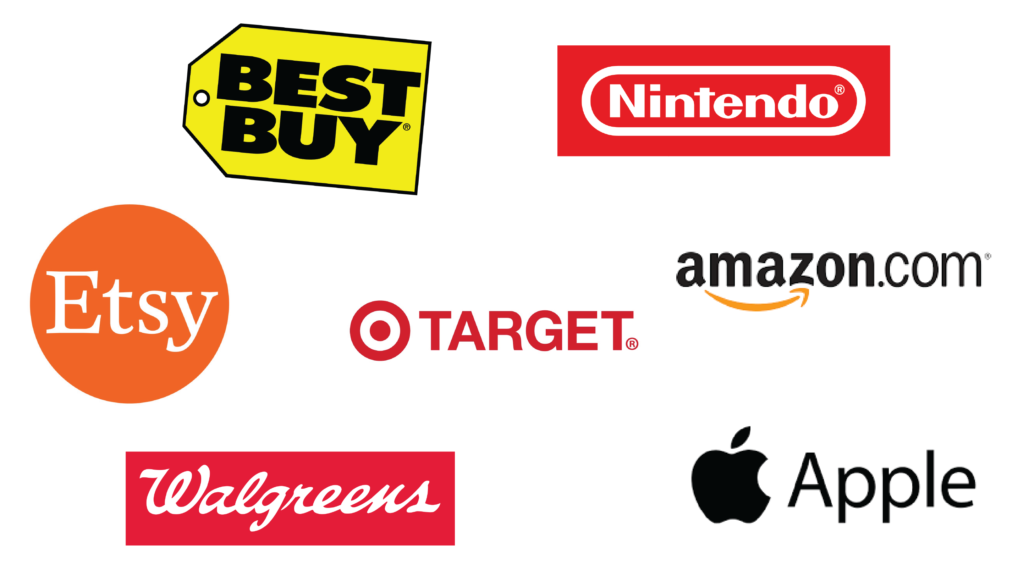
THE GREAT SUPPLY CHAIN DISRUPTION
Major ports are piling up with cargo. Jammed with clothing, shoes, electronics, and materials made in factories in Asia, we see basically everything purchased by consumers passing through these shipping ports. Multiple factors go into the supply chain issues; for one, China has a short supply of shipping containers. Factories that are dependent upon Chinese-made parts are being forced to limit production. These shortage problems are also accompanied by labor shortages.
Labor Department data shows a record of 4.3 millions Americans quit their jobs in August.

Shipments that are coming into the ports have begun piling as high as five containers with limited space open. These containers are waiting for trucks to carry them to warehouses where they will live before they are sent to final destinations. On top of these overcrowded ports, there is a shortage of truck drivers to even haul the containers to the warehouses and from the warehouses to their final destinations.
According to NPR, some warehouses are up to 99% capacity leaving no room for incoming supply containers.
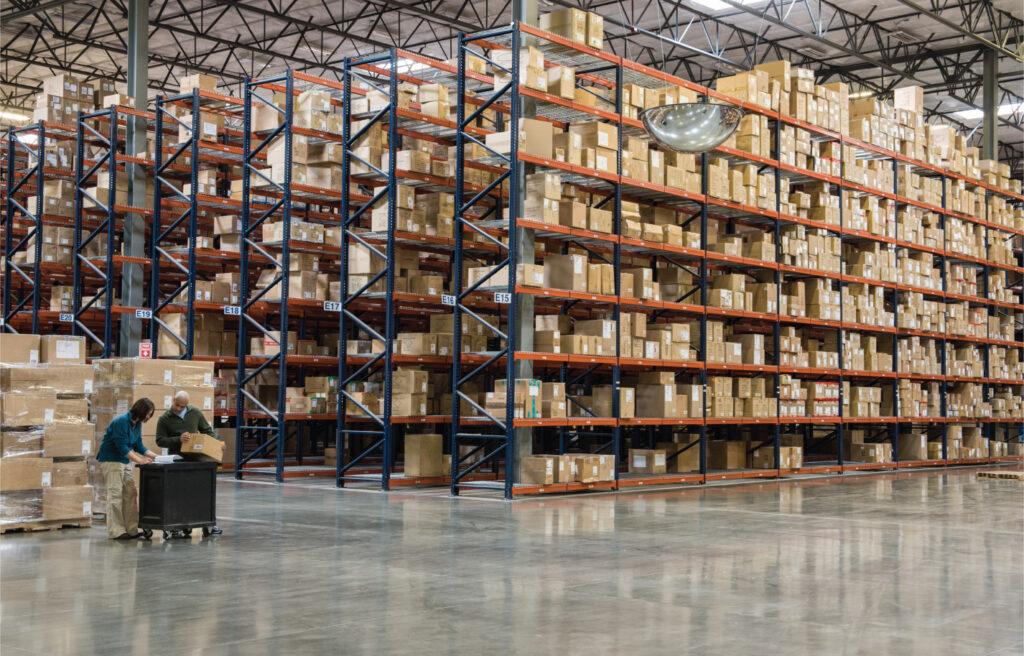
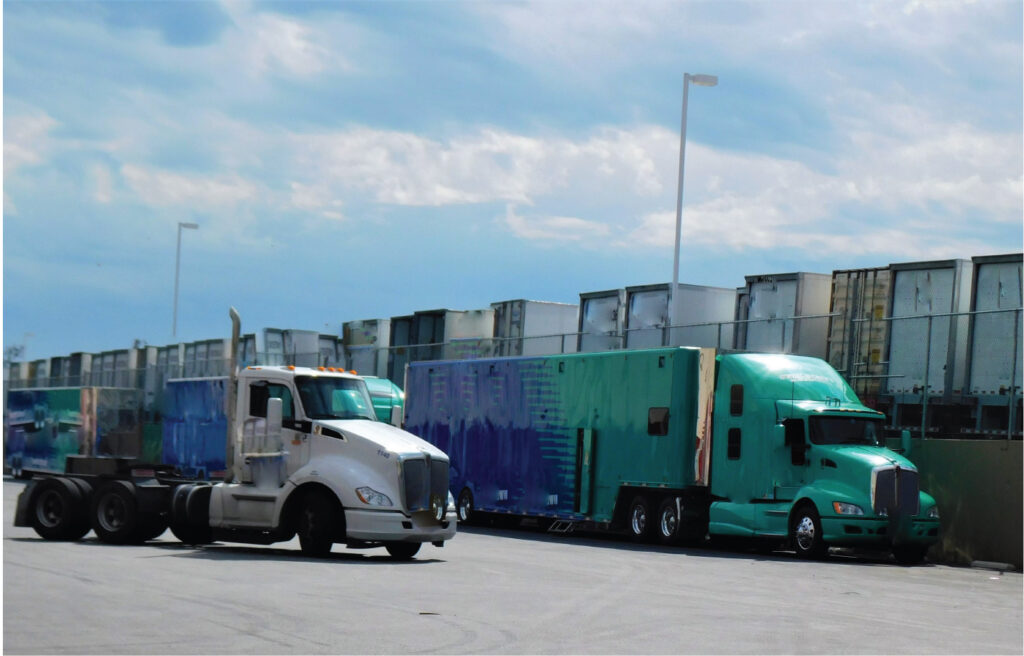
SMALL RETAILERS VS. THE SUPPLY CHAIN CRISIS
Small retailers who have felt the effects of these extreme shortages are adapting and practicing a variety of solutions to combat the threat of the disrupted supply chain. Smaller business owners have begun identifying alternative suppliers increasing the chances of having the necessary amount of inventory. This includes resorting to locally sourced materials.

This shift away from reliance on oversea shipping is beneficial to these small retailers with less financial resources because building strong relationships with multiple suppliers prevents the scramble to find replacement materials. In turn, this reduces risk levels, especially if the various suppliers are in different geographical locations. Small retailers are also over-ordering to keep inventory of essential supplies stocked up in case their supply network fails. Planning ahead to ensure stock levels, sales, and inventory are in check has greatly helped these small businesses to meet consumer demands.

LARGE CORPORATIONS VS. SUPPLY CHAIN CRISIS
Big corportations, espcially the tech and toy industries have been greatly affected by the supply shortages since the pandemic began. While they are much bigger than small retailers with a bigger pool of resources such as employees dedicated solely to supply chain mangement, a ton of their inventory is coming in from overseas. The delays are especially substantial in shipments coming from Asia not to mention these huge companies may have hundreds of supply sources, making planning ahead more difficult. When ordering a much larger scope of products, the option to revert to locally sourced products is made more difficult.
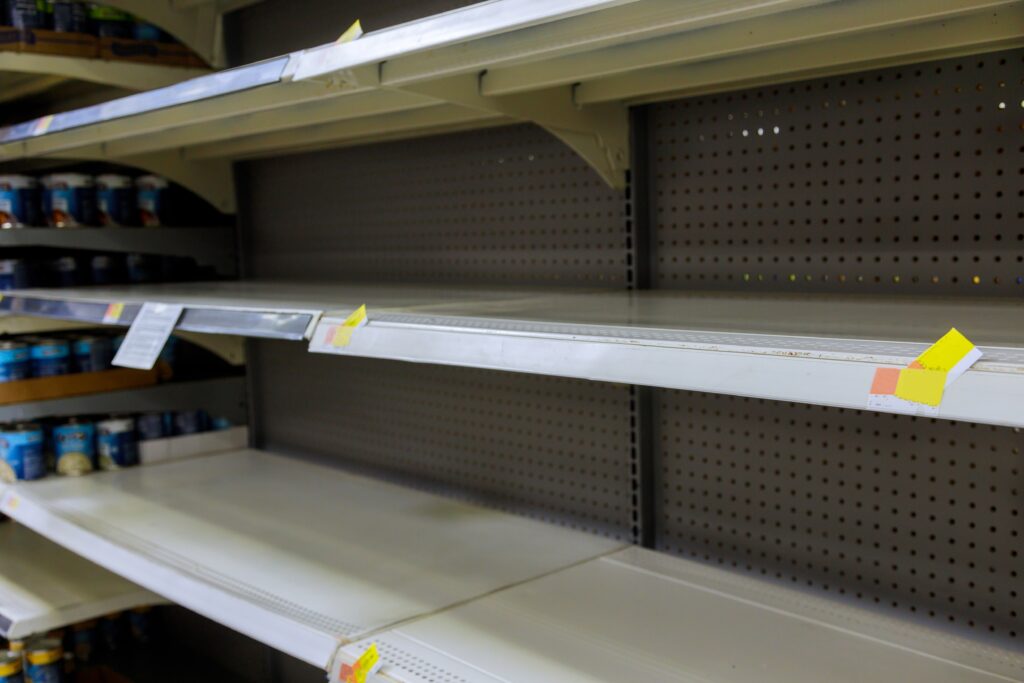
During this holiday season, huge corporations such as Apple and Hasbro are struggling to stock necessary resources and their shelves. Tech companies are failing to get their hands on necessary resources for their products due to the global semiconductor chip shortage. Toy companies are failing to stock their shelves as the product coming in from China is stuck in the US ports. With a lack of resources and product, prices are rising for both the companies and the consumers and they warn we should expect continued price increases with emptier shelves, even including the stock of some e-commerce sites such as Amazon.

According to Apple’s CFO, recent quarterly results took a $6 billion hit to sales in response to chip shortages.

Nintendo is also preparing to sell almost 1.5 million less units this year compared to recent years. This is a snowball effect for these huge companies because they are not able to ramp up supply to meet demands. Many multinational corporations are being forced to decrease spending on advertising and marketing, causing major revenue setbacks as well.
E-COMMERCE PLATFORMS FOR SMALL BUSINESSES VS. SUPPLY CHAIN CRISIS
Some platforms, such as the e-commerce giant, Etsy, seem to be avoiding supply chain shortages. Etsy sellers are smaller businesses, often businesses of one, who are less reliant on the global supply chain, navigating around these disruptions this holiday season. According to Josh Silverman, CEO of Etsy, the majority of Etsy sellers are small businesses that are sourcing raw materials locally.

Looking at small Etsy sellers as an example shows the importance and benefits of locally sourcing because it has proven to avoid complex and delayed supply chain issues. As opposed to large corporation and even smaller retailers, businesses selling on Etsy rely much less on just-in-time chain supplies, ensuring inventory shortages are much less likely

WHAT RETAILERS SUGGEST THIS HOLIDAY SEASON
The supply chain crisis is a global issue affecting most businesses and retailers in America. In response to these shortages and delays, business owners and small retailers suggest the last-minute holiday shoppers come into the store or do curb-side pick up. They have greater control over inventory in store making it less likely there will be a mistake or delay. With the supply chain crisis, last-minute shoppers may need to get their gifts the old fashioned way – put on your mask and go out shopping.

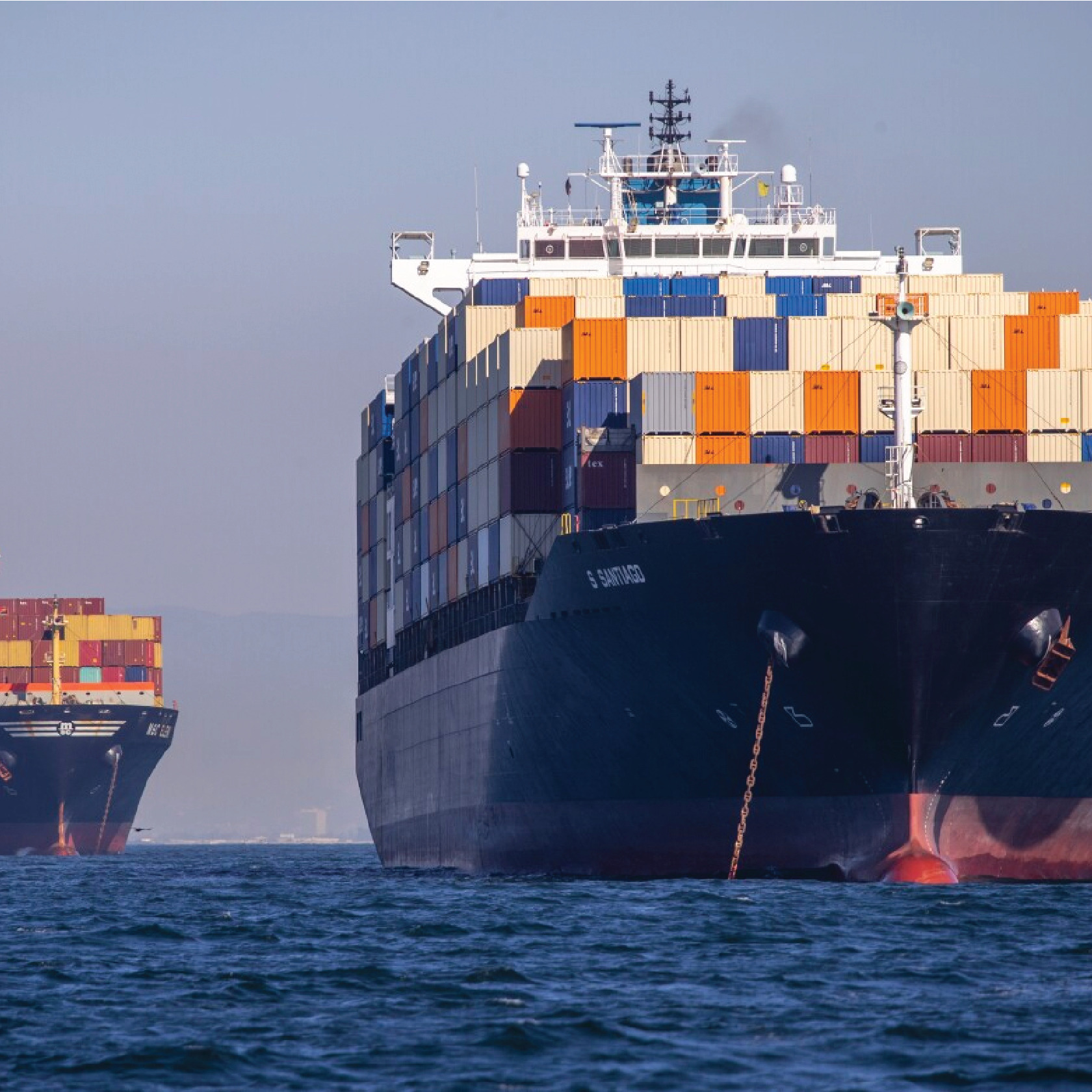
 Top
Top
